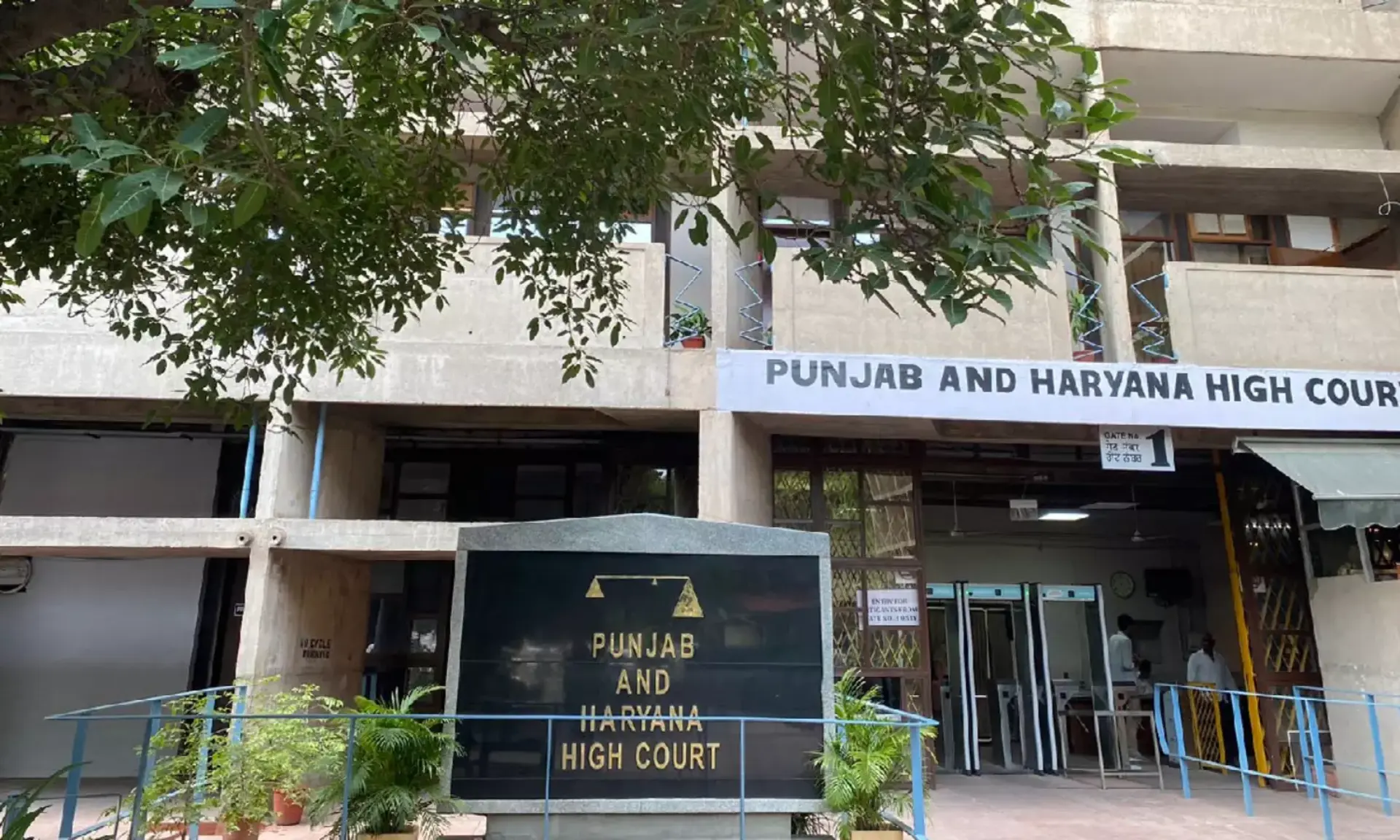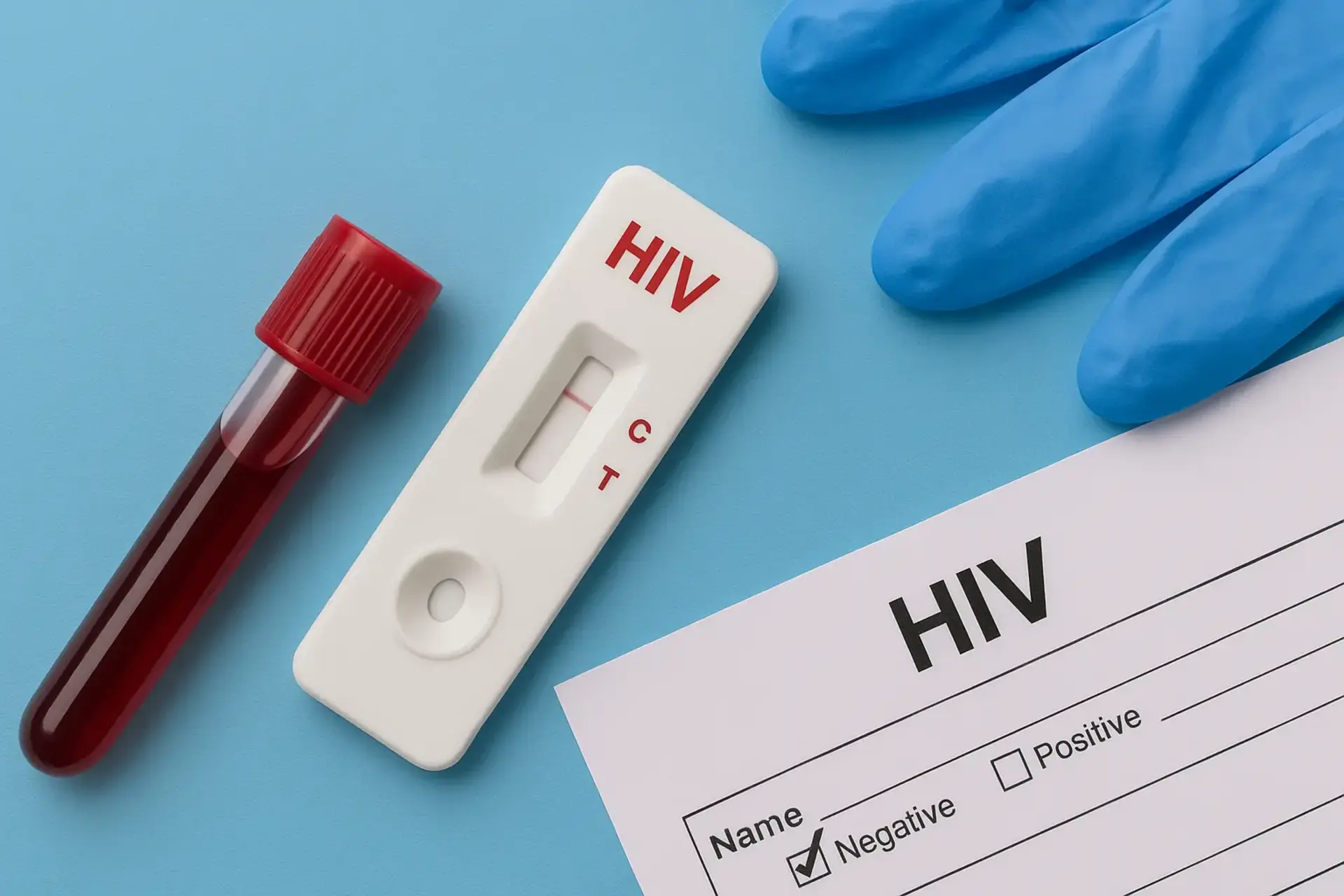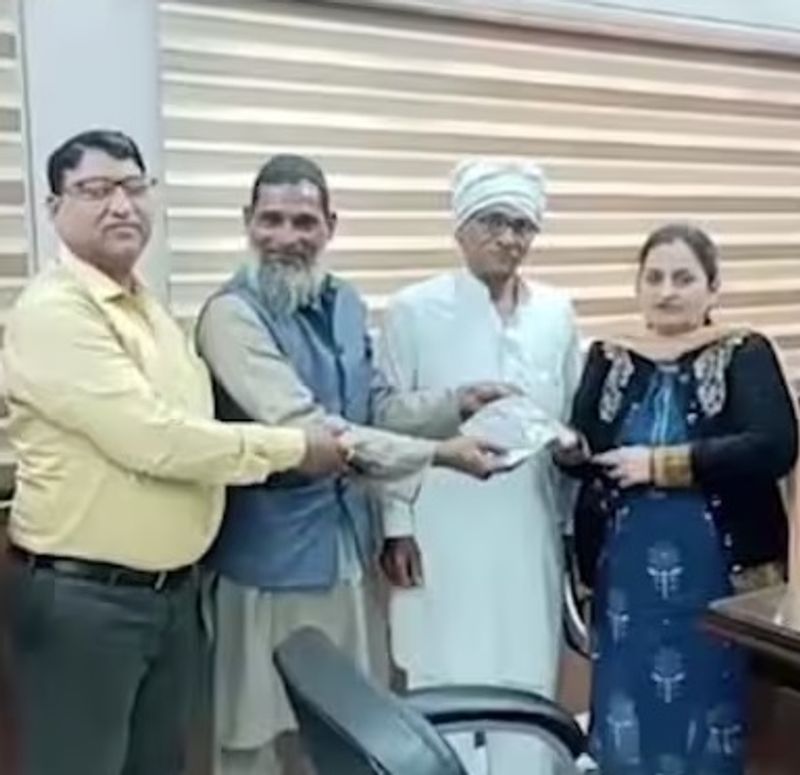
The Punjab and Haryana High Court has called upon the governments of Punjab and Haryana to furnish the "necessary orders" pertaining to the suspension of internet services amid the ongoing farmer protests. The directive, issued during the hearing of multiple petitions related to the protests, underscores the court's commitment to ensuring transparency and adherence to legal protocols.
The Bench, consisting of Acting Chief Justice Gurmeet Singh Sandhawalia and Justice Lapita Banerji, referenced the Supreme Court's precedent in the case of "Anuradha Bhasin versus the Union of India", emphasising the legal framework governing the suspension of internet services. "The law is very clear on the suspension of the internet," remarked the Bench, signalling the importance of upholding constitutional rights even in times of social unrest.
In addition to addressing the issue of internet shutdowns, the Bench also scrutinised Punjab's handling of a protestor's death on February 21, demanding accountability and expediency in conducting post-mortem procedures. "Why are you taking a week to conduct the post-mortem? What inquest proceedings have you done so far? Was it a natural death?" questioned the Bench, seeking clarity on the circumstances surrounding the incident.
The counsel representing Punjab informed the Bench that the post-mortem had been conducted the previous day, with the report still pending. Furthermore, it was revealed that a zero-FIR had been registered under Section 302 of the IPC, indicating the seriousness with which the matter is being addressed by the authorities.
In a significant development, the Court also acknowledged an affidavit filed by the Centre, detailing the progress of discussions between government representatives and farmer leaders. The affidavit highlighted the holding of four rounds of meetings aimed at addressing the grievances of the protesting farmers, signalling a proactive approach towards resolving the ongoing standoff.
As the legal proceedings continue, the Punjab and Haryana High Court's interventions serve as a crucial mechanism for ensuring accountability, transparency, and the protection of fundamental rights amidst the backdrop of the farmer protests. With the court's scrutiny extending to matters of internet suspension and protester fatalities, the judicial process remains integral to fostering a fair and just resolution to the prevailing tensions.



.jpeg)








